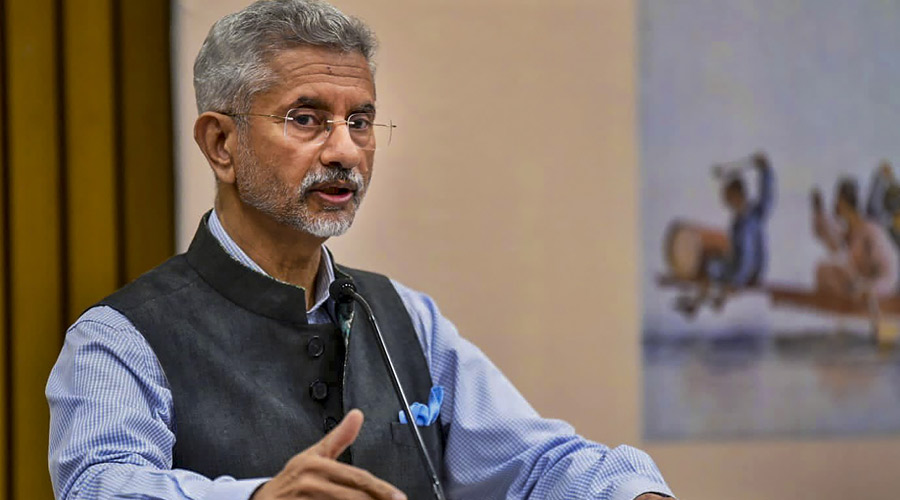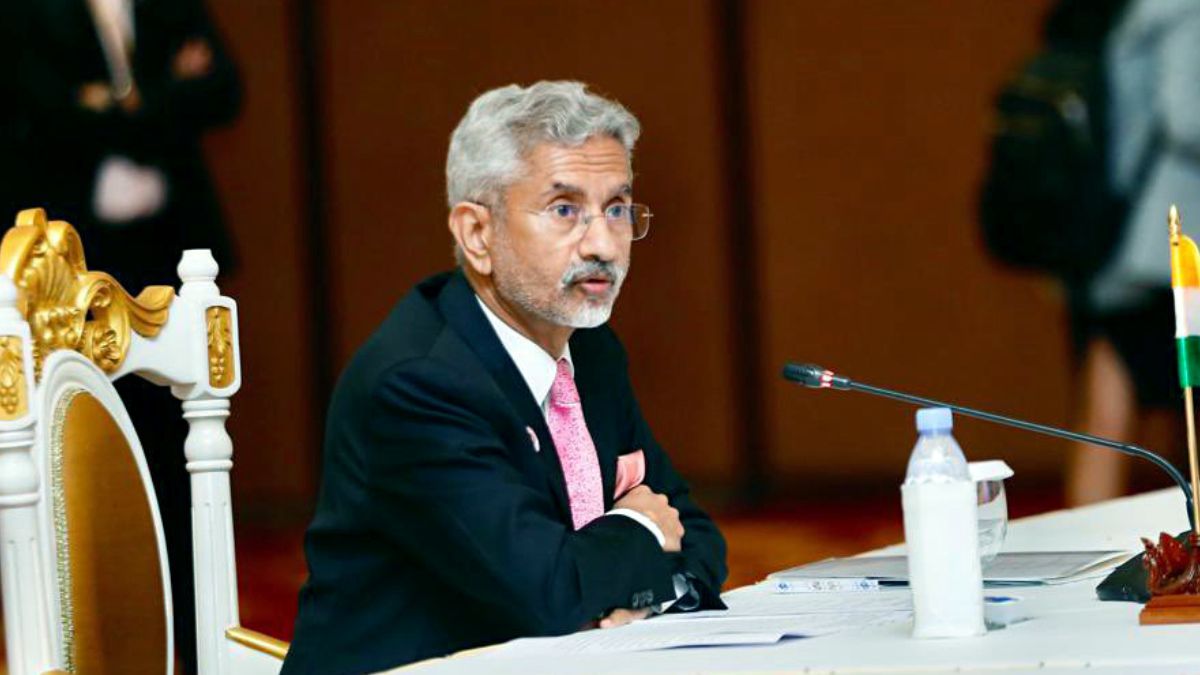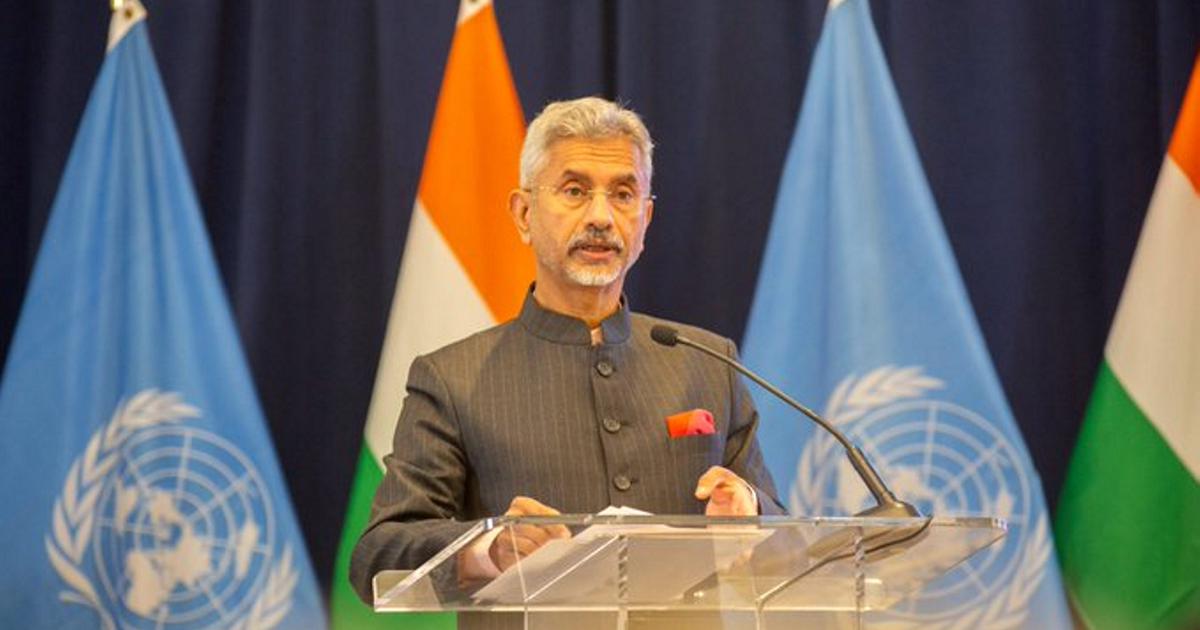External Affairs Minister S. Jaishankar said on Tuesday that nations should not alter their approaches to combating terrorism, extremism, and violence in accordance with their own political needs as the diplomatic spat between New Delhi and Ottawa grows.

At the United Nations General Assembly (UNGA), India poked fun at Canada on Tuesday by saying that nations shouldn’t respond to acts of terrorism, extremism, and violence in accordance with their own internal political needs. Speaking to the 78th UNGA in New York, External Affairs Minister S. Jaishankar also discussed territorial integrity and nations’ obligations to refrain from interfering in one another’s internal affairs. He said, “without genuine solidarity, there can never be real trust”.
The Khalistan problem, which has strained bilateral ties for decades, is causing India and Canada to engage in an unprecedented diplomatic spat. The murder of Khalistan separatist Hardeep Singh Nijjar on June 18 in Canada’s Surrey, according to Canadian Prime Minister Justin Trudeau’s allegations last week, had a “potential India link.” A safe sanctuary for terrorists, according to India, is Canada.

“We often advocate the promotion of a rules-based order. From time to time, respect for the UN Charter is also invoked. But for all the talk, it is still a few nations who shape the agenda and seek to define the norms. This cannot go on indefinitely. Nor will it go unchallenged,” Jaishankar said while delivering the National Statement at the General Debate of the 78th session of UNGA. “A fair, equitable and democratic order will surely emerge, once we all put our minds to it. And for a start, that means ensuring that rule makers do not subjugate rule takers. After all, rules will work only when they apply equally to all,” he added.
“We must never again allow an injustice like vaccine apartheid to recur. Climate action too cannot continue to witness an evasion of historical responsibilities. The power of markets should not be utilised to steer food and energy from the needy to the wealthy. Nor must we countenance that political convenience determines responses to terrorism, extremism and violence. Similarly, respect for territorial integrity and non-interference in internal affairs cannot be exercises in cherry picking,” Jaishankar mentioned. The minister of external affairs highlighted: “When reality departs from rhetoric, we must have the courage to call it out. Without genuine solidarity, there can never be real trust.”

India and Canada are experiencing rising diplomatic difficulties, and New Delhi has requested Ottawa scale back the number of employees working at the Canadian High Commission in New Delhi. Last Friday, Arindam Bagchi, a spokesperson for the ministry of external affairs, said: “They have made the allegations, they have taken action on them. To us, it seems or it appears that these allegations by the government of Canada are primarily politically driven.” Even while New Delhi claims it hasn’t yet received any proof from Ottawa on the case, the US has suggested India should participate in the Canadian inquiries into the killing of Nijjar.

